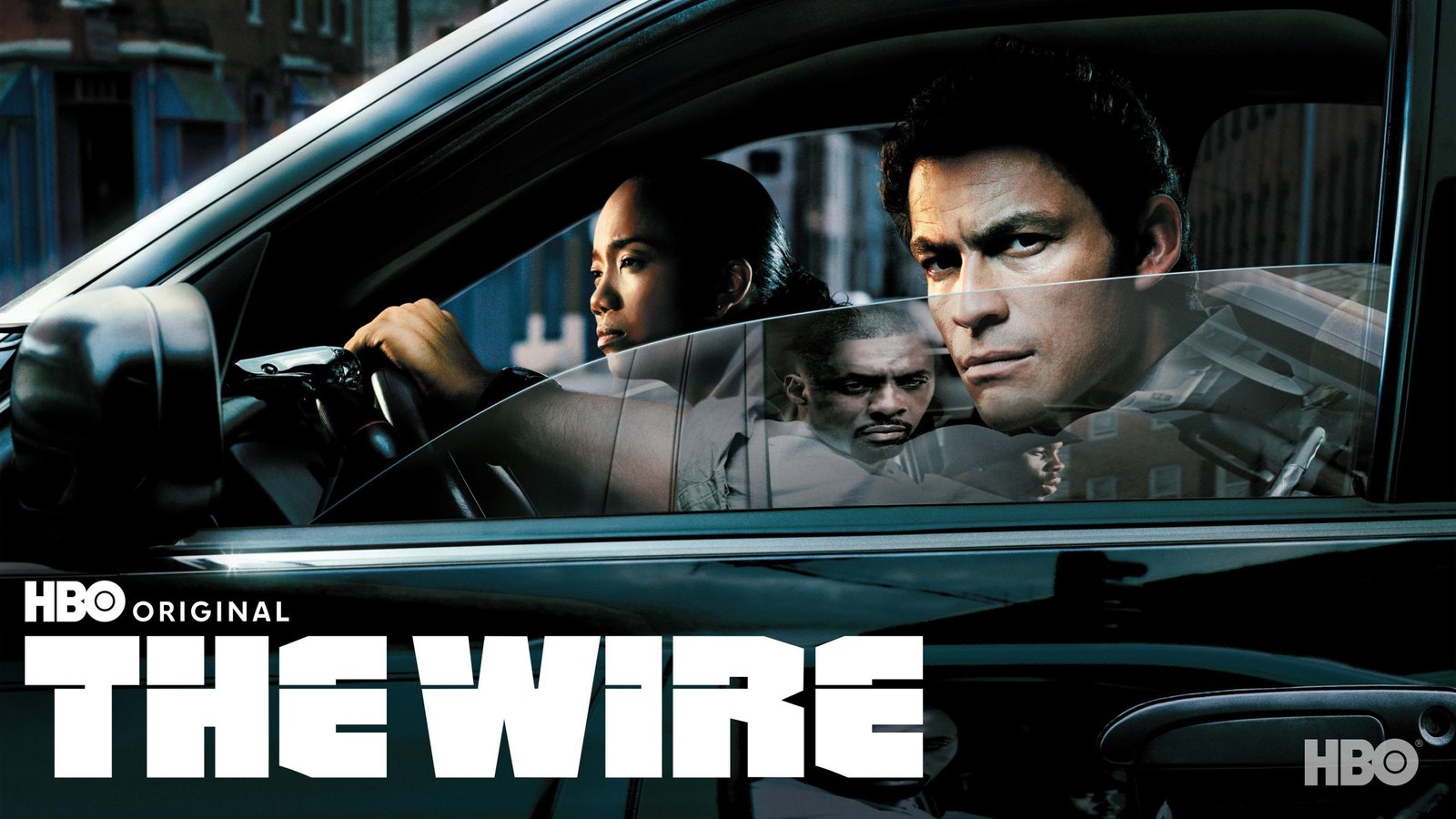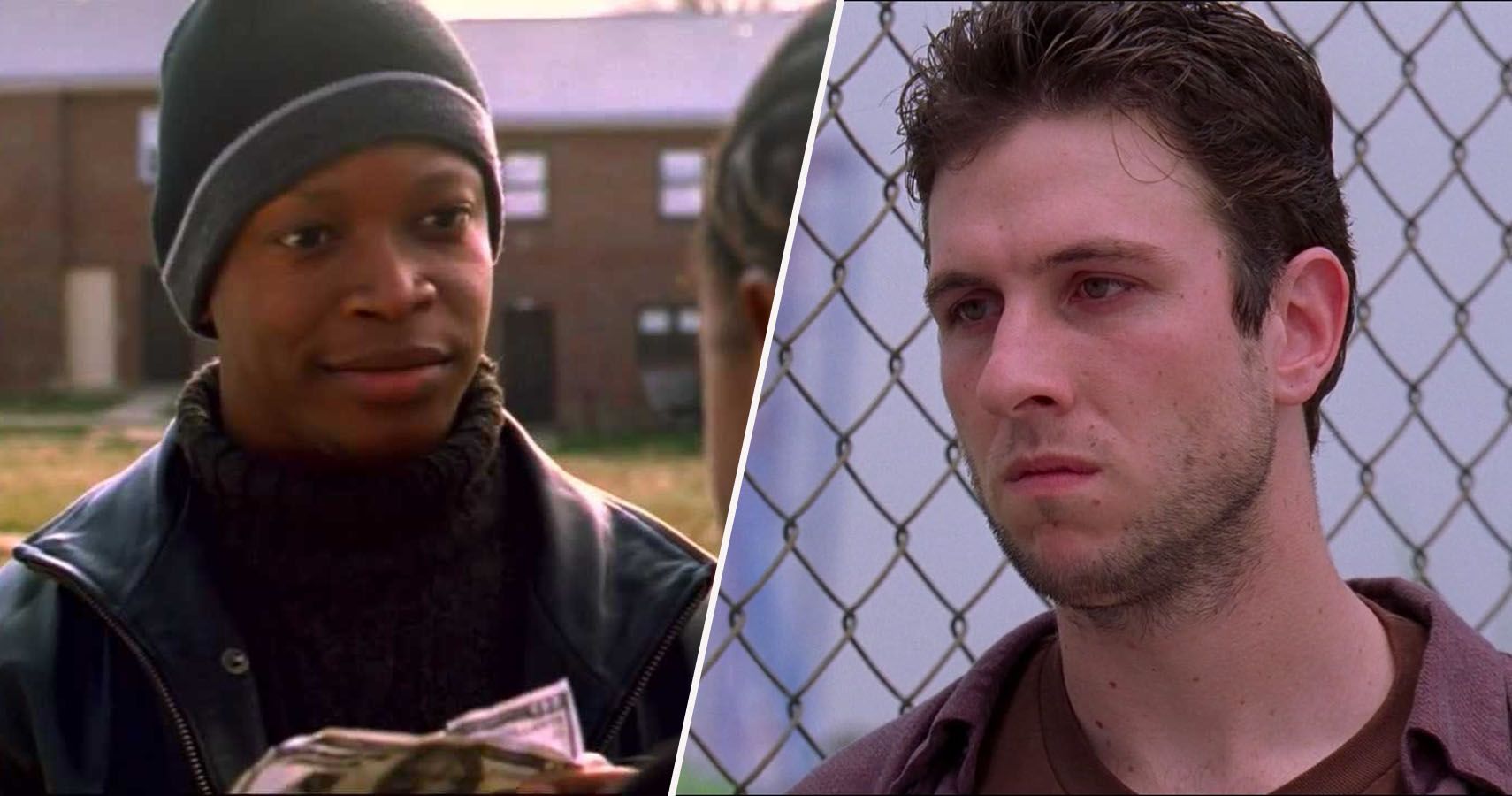Google Discover: Your Guide To "The Wire Overview"
Has a television show ever so profoundly captured the complexities of a city and the intricate web of human experience that it became a cultural phenomenon? "The Wire" did just that, and its legacy as one of the most acclaimed and meticulously crafted television dramas of all time is firmly secured.
Set in Baltimore, Maryland, "The Wire" delves into the intertwined lives of drug dealers, police officers, politicians, school officials, and the inhabitants of the city's impoverished communities. The show's brilliance lies in its unflinching realism, its complex character development, and its exploration of systemic issues that continue to plague urban America. Created by David Simon, a former Baltimore Sun crime reporter, the series aired on HBO for five seasons, from 2002 to 2008, and its impact on television and broader society continues to resonate.
The genesis of "The Wire" lies in David Simon's firsthand experience covering the drug trade and the city's criminal justice system in Baltimore. This immersive understanding of the subject matter became the bedrock of the show's authenticity. Simon, along with co-writer Ed Burns, a former Baltimore homicide detective, meticulously researched and crafted each storyline, drawing upon real-life cases and observations. The show's commitment to realism is evident in its dialogue, which often reflects the vernacular of the streets, and its depiction of the harsh realities faced by those caught within the cycle of crime and poverty.
The show's narrative structure, unlike many other television dramas, doesn't rely on easily digestible plotlines or simplistic resolutions. Instead, "The Wire" presents a multifaceted portrait of a city, its inhabitants, and the forces that shape their lives. Each season focuses on a different facet of Baltimore's challenges, from the drug trade to the school system, the docks, the city government, and the news media. This approach allows the show to explore a wide range of social issues, including poverty, institutional corruption, police brutality, the decline of American industry, and the impact of drugs on families and communities.
One of the show's defining features is its ensemble cast, featuring both established actors and newcomers who brought authenticity and depth to their roles. Each character is intricately drawn, with their own motivations, flaws, and complexities. The characters are not simply good guys and bad guys; they are people grappling with difficult choices in a morally ambiguous world. This complexity is what makes "The Wire" so compelling and allows viewers to develop a deep empathy for the characters, even those involved in criminal activity.
The police officers, the dealers, the politicians, the educators, the dockworkers - they all exist within systems that are, at times, inherently flawed and often self-perpetuating. "The Wire" exposes the insidious nature of these systems, showing how they can trap individuals and perpetuate cycles of injustice. The show refuses to offer easy answers or simplistic solutions, instead forcing viewers to confront the uncomfortable truths about the realities of urban life.
Beyond its gripping storylines and complex characters, "The Wire" is also notable for its technical excellence. The show's cinematography, editing, and sound design are all expertly executed, creating a gritty and immersive viewing experience. The music, often drawn from the Baltimore hip-hop scene, adds to the show's authenticity and helps to establish a sense of place.
The show's impact extends beyond its critical acclaim and devoted fanbase. "The Wire" has been lauded by critics, academics, and public figures for its insightful portrayal of urban America. The show has been used in universities and law enforcement training programs, sparking discussions about social justice, criminal justice reform, and the complexities of urban poverty. Its influence can be seen in numerous subsequent television dramas that have adopted its realism, ensemble cast, and intricate storylines.
The show's legacy is not just about its artistic achievements. It's about the conversations it sparked, the understanding it fostered, and the uncomfortable truths it brought to light. "The Wire" serves as a stark reminder of the challenges facing urban communities and the systemic issues that need to be addressed. It's a call to action, urging viewers to think critically about the world around them and to demand change.
The series's exploration of the war on drugs, for instance, is particularly insightful. "The Wire" exposes the futility of a drug war that primarily targets low-level dealers while ignoring the systemic issues that drive the drug trade. The show highlights the devastating impact of mass incarceration on families and communities, and the ways in which the war on drugs disproportionately affects people of color. The shows nuanced perspective on these issues has resonated with audiences and fueled ongoing debates about drug policy reform.
Beyond the drug trade, "The Wire" examines the role of the police in society. The show portrays the challenges faced by law enforcement officers, from the pressure to make arrests to the corruption within the ranks. The show explores the complexities of police work, the moral compromises that officers often face, and the impact of police brutality on communities. It also shows the difficult balancing act of trying to serve and protect communities while also fighting a war that has no easy answers.
The school system is another key focus in "The Wire". The show depicts the problems faced by schools in impoverished neighborhoods, from underfunding to a lack of resources and a lack of support for students. The series highlights the challenges faced by teachers and administrators, the impact of standardized testing, and the ways in which the school system can fail its students. It provides a stark illustration of the systemic inequalities that impact children growing up in these communities.
The show also examines the inner workings of Baltimore's city government. "The Wire" explores the political maneuvering, corruption, and the often-dysfunctional nature of local politics. The series depicts the pressures that politicians face, the compromises they make, and the impact of their decisions on the city's residents. It shows how political ambition and self-interest can undermine the common good.
The role of the media is also addressed in the show. "The Wire" reveals the pressures that journalists face, the need to attract viewers or readers, and the impact of media coverage on public perception. The series shows how the media can shape narratives, influence public opinion, and even affect the outcome of events. It examines the ethics of journalism and the importance of truth-telling.
The show's longevity is also based on the timelessness of the issues it addresses. Poverty, crime, corruption, and the struggle for survival are universal themes that will continue to resonate with audiences for years to come. The show's ability to tackle these issues with such depth and insight is what makes it such a powerful and enduring work of art.
The characters of "The Wire" are a major reason for the show's appeal. Some of the characters: Jimmy McNulty, Stringer Bell, Omar Little, Bunk Moreland, and Avon Barksdale, are so well-developed that they become memorable. The actors who played them brought authenticity and depth to their roles, and the writers gave them all their own compelling stories.
The Wire is ultimately a story about people, about the choices they make, the struggles they face, and the systems that shape their lives. It is a complex and challenging drama, but it is also a deeply rewarding one. It's a show that forces you to think, to feel, and to confront uncomfortable truths. It is a show that will stay with you long after the credits roll.
The show's legacy is also about the quality of storytelling. The shows creators, writers, and actors were dedicated to telling an honest and unflinching story. They were committed to showing the world as it is, with all of its complexities and contradictions.
The lasting impact of The Wire can be measured by its influence on the television industry. The show's realism, its complex characters, and its intricate storylines have inspired countless other dramas. It has also helped to change the way that audiences think about television, making it clear that television can be a powerful form of art and storytelling.
In conclusion, "The Wire" is not just a television show; it is a cultural touchstone. It is a master class in storytelling, a searing indictment of social injustice, and a testament to the power of the human spirit. Its influence continues to be felt, and its legacy is secure. The show's brilliance, authenticity, and unwavering commitment to realism have made it one of the most important and enduring works of art in the history of television.
| Character | Portrayed By | Role/Affiliation |
|---|---|---|
| Jimmy McNulty | Dominic West | Baltimore Police Department, Homicide Detective, then Major Crimes Unit |
| Stringer Bell | Idris Elba | Drug Kingpin, Business-minded criminal, member of the Barksdale Organization |
| Omar Little | Michael K. Williams | Stick-up man, known for robbing drug dealers. |
| Lester Freamon | Clarke Peters | Baltimore Police Department, Detective, skilled in investigation |
| Avon Barksdale | Wood Harris | Drug Kingpin, Head of the Barksdale Organization |
| Bunk Moreland | Wendell Pierce | Baltimore Police Department, Homicide Detective, partner of McNulty |
| Bubbles | Andre Royo | Heroin addict and informant, helps the police. |
| Prez | Jim True-Frost | Baltimore Police Department, later becomes a teacher |
HBO's Official "The Wire" Website



